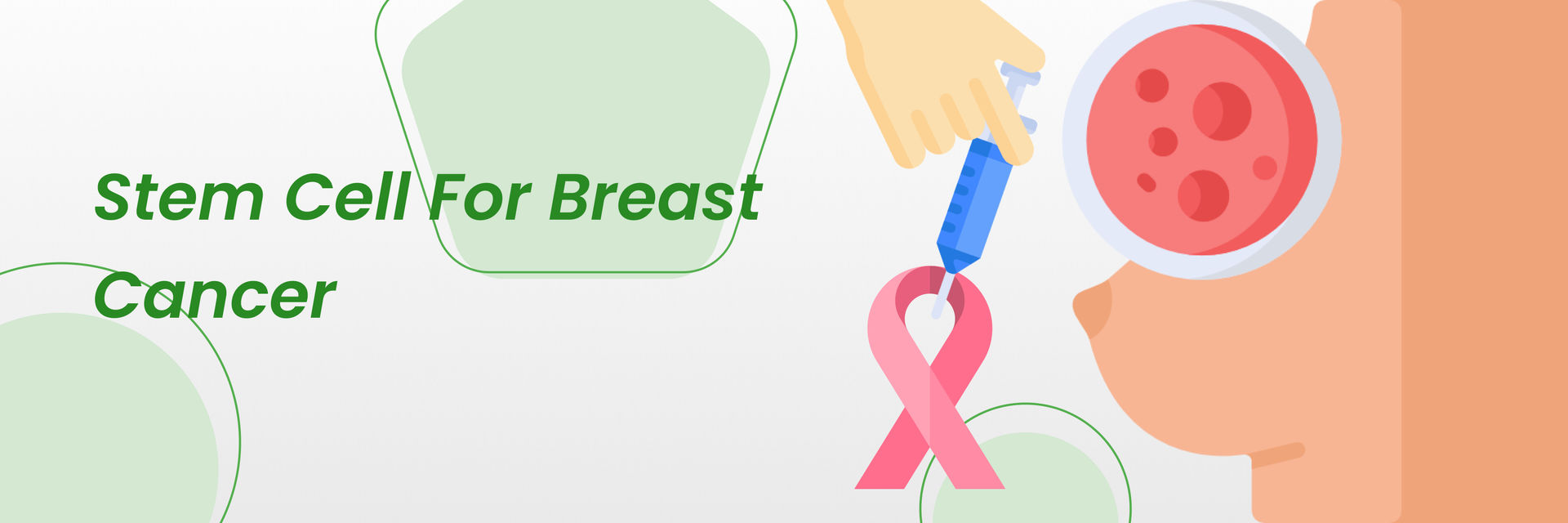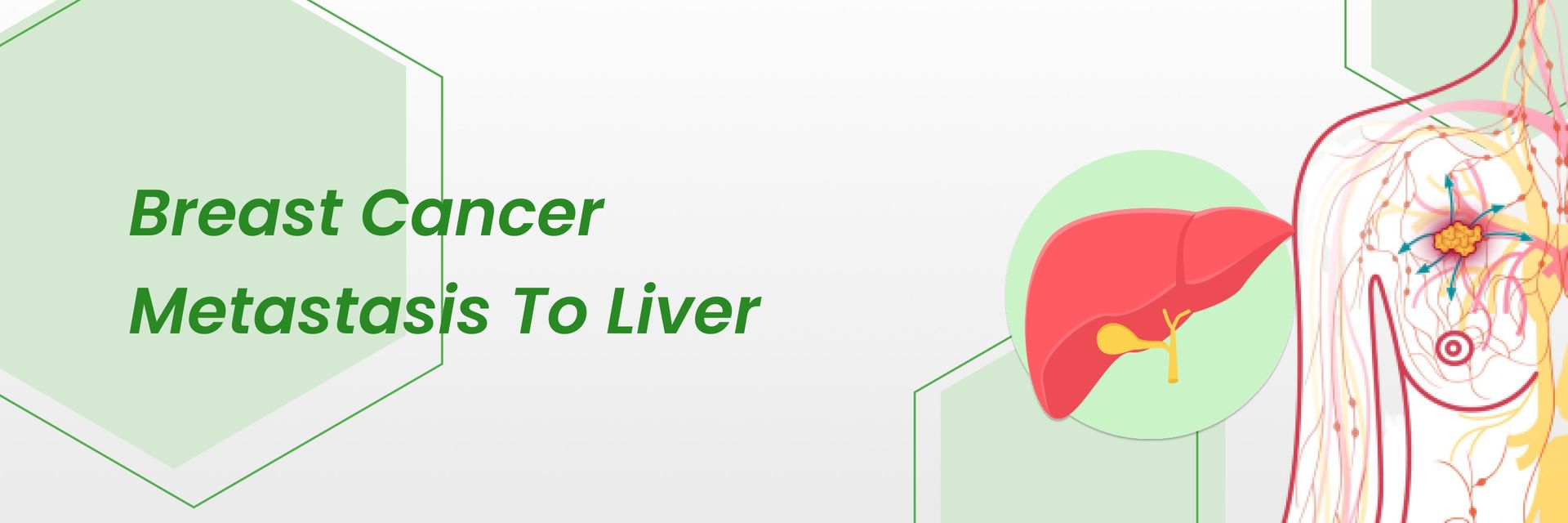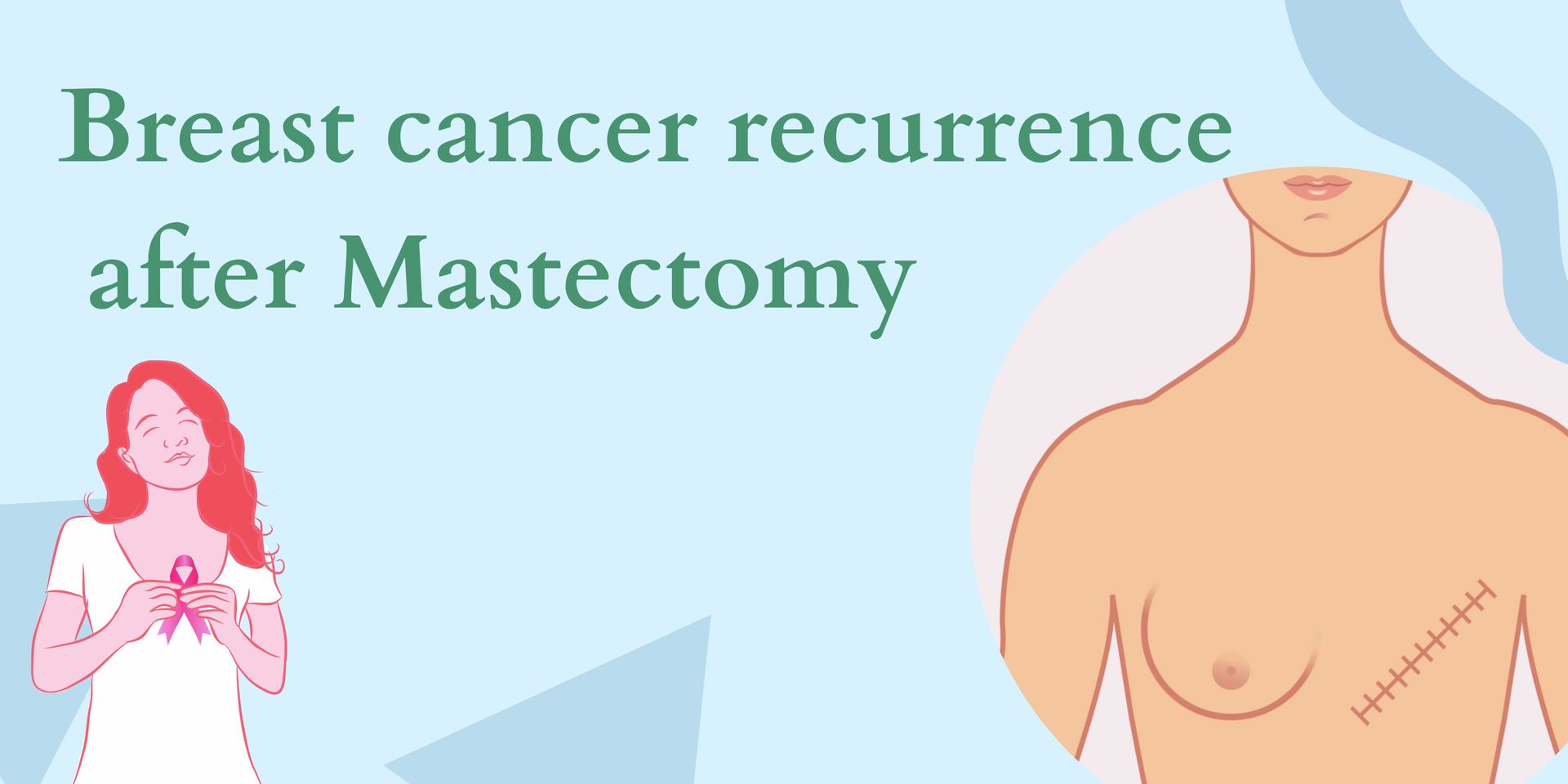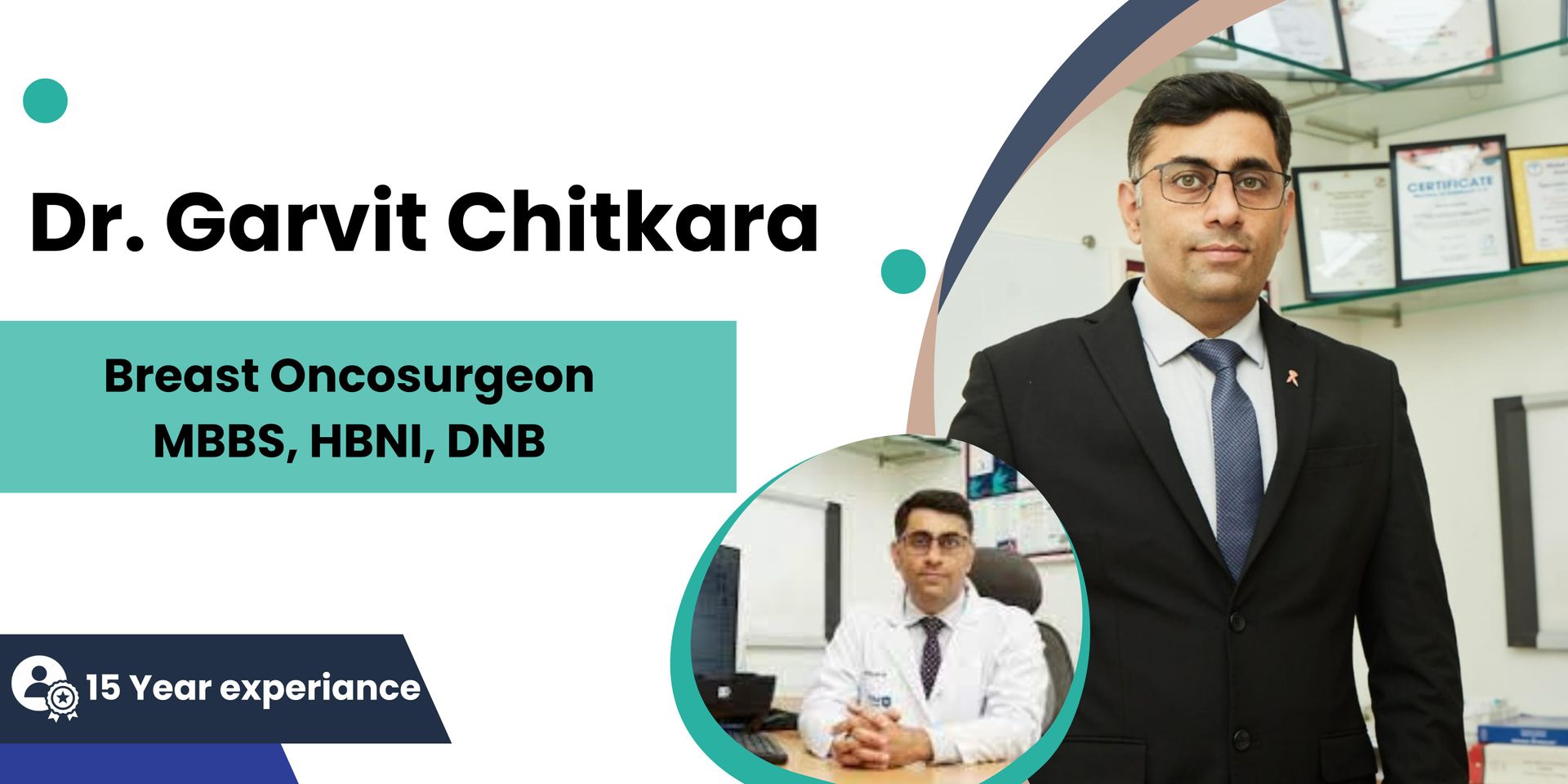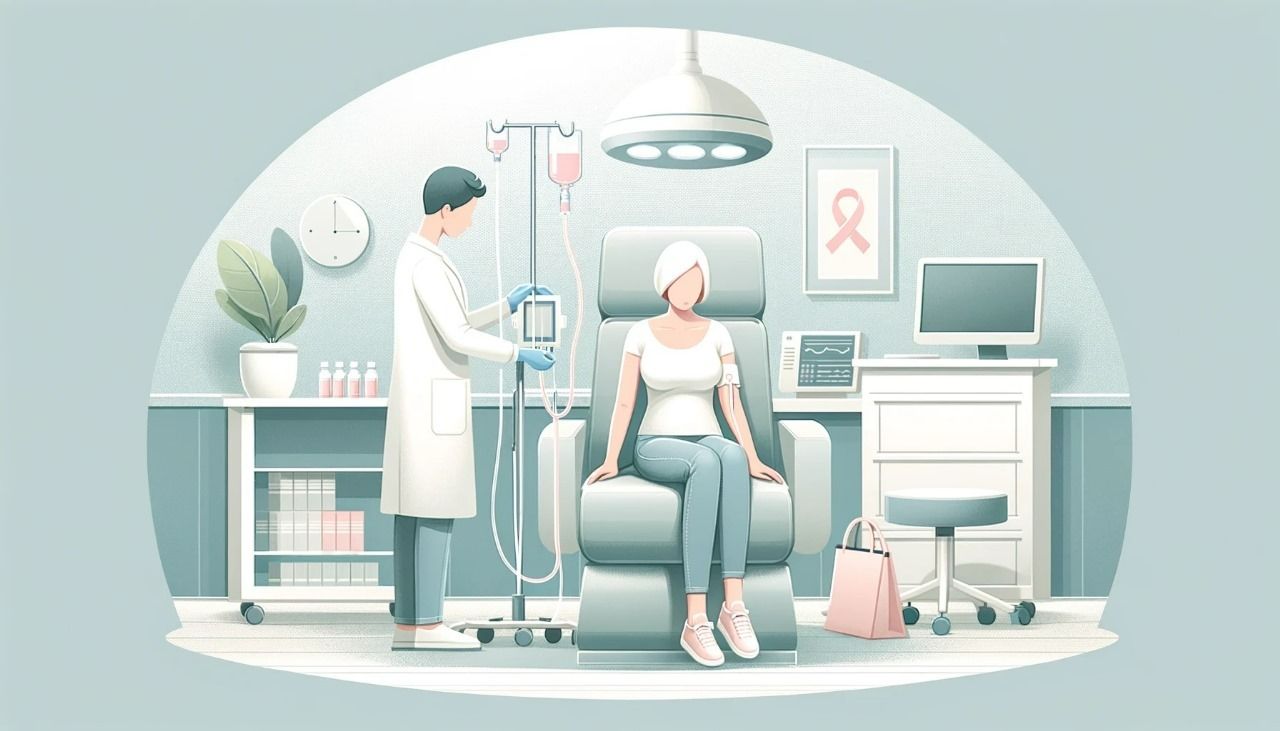
The journey through breast cancer is one of resilience, hope, and healing. However, for some individuals, the path takes an unexpected turn—a diagnosis of lymphoma. It is a type of cancer that affects the lymphatic system. This article explores what lymphoma is, its connection to breast cancer, and what survivors can expect in terms of symptoms, diagnosis, and treatment options.
What is Lymphoma?
Lymphoma is a type of cancer that targets the lymphatic system, an essential part of your immune system. This system helps your body fight infections and other diseases. The main cells involved in lymphoma are lymphocytes, which are white blood cells that protect you from infections. There are two main kinds of lymphoma: Hodgkin lymphoma and non-Hodgkin lymphoma, and each type impacts the body differently.
Are you concerned about lymphoma after breast cancer? Schedule an appointment today with best oncologists in India to get expert guidance.
What is early-stage lymphoma?
Early-stage lymphoma is when the cancer is found in only one area or a few nearby areas. This stage is usually easier to treat and has a better chance of going into remission, meaning the cancer can become undetectable compared to more advanced stages of the disease.
Seems that you are also worried about the risk of lymphoma after starting breast cancer.
You are not alone and we are here to guide you through understanding more about the link between breast cancer and lymphoma!
The Connection Between Breast Cancer and Lymphoma
The chance of getting lymphoma after breast cancer is low, but certain treatments, like some types of chemotherapy and radiation, can slightly increase the risk. Studies estimate that about 0.5% to 1.0% of patients might develop lymphoma within 10 to 15 years after receiving radiation therapy. Breast cancer survivors must keep getting check-ups. The link between breast cancer and lymphoma, while uncommon, exists and involves several key factors:
- Genetic Susceptibility: Some individuals may have genetic traits that increase their risk of developing both breast cancer and lymphoma.
- Treatment Side Effects: Treatments like radiation and certain types of chemotherapy for breast cancer can increase the risk of developing lymphoma later on. These treatments can cause changes in the DNA of cells in the lymphatic system, potentially leading to lymphoma.
- Secondary Cancer: Lymphoma that occurs after breast cancer is known as secondary cancer, presenting unique challenges for survivors, including the need for different treatment approaches and coping with the psychological impact of facing cancer again.
Identifying Lymphoma after Breast Cancer
Identifying lymphoma after breast cancer involves several steps:
- Recognizing Symptoms:
- Swollen lymph nodes, often in the neck, armpits, or groin
- Persistent fatigue that doesn’t improve with rest
- Unexplained weight loss
- Diagnostic Tests:
- Biopsies: A small tissue sample from the swollen lymph node is taken to look for cancer cells.
- Blood Tests: These can check for abnormal levels of white blood cells and other factors that might indicate lymphoma.
- Imaging Studies: CT scans, PET scans, and MRIs help visualize where the lymphoma is located and how far it has spread.
Curious about the signs of lymphoma? Don't worry just keep reading further to get a clear understanding of it.
Now you might be wondering how to prevent this risk. Here are a few treatment options we have mentioned below for you to make the best decision for yourself.
Treatment Options for Lymphoma after Breast Cancer
- Chemotherapy: This uses drugs to kill cancer cells, often the first line of treatment for lymphoma.
- Radiation Therapy: This therapy targets and destroys cancer cells in specific areas and is used if lymphoma is localized.
- Immunotherapy: This treatment boosts the body’s immune system to fight cancer.
- Targeted Therapy: This involves drugs that target specific aspects of cancer cells, like proteins that allow them to grow.
- Bone Marrow Transplant: This treatment replaces damaged bone marrow with healthy cells, typically used for severe cases.
Success Rates of Lymphoma Treatment
- According to a study in India, the survival rates for lymphoma cancer patients treated are higher than the global average. The five-year survival rate for lymphoma in India is 80%.
- The Onco-collect Lymphoma registry, a collaboration of 9 centers in India, maintains data on over 9000 lymphoma patients treated since 2011.
- This registry says that diffuse large B-cell lymphoma (DLBCL) is India's most common lymphoma. The median age is 57 years.
- In low/medium-high development index (HDI) countries, lymphoma has a high rate. The rate is 4.0/2.5 for men and 2.8/1.7 for women per 100,000 people.
Early detection Saves Lives! Book an appointment with experienced oncologists.
Conclusion
While the risk of developing lymphoma after breast cancer can be concerning, advancements in cancer research and treatment have greatly improved the prognosis and management of this secondary cancer. Continued research and personalized care are crucial to improving survival rates and quality of life.
FAQs:
Can breast cancer survivors get lymphoma?
Yes, breast cancer survivors can get lymphoma. It's usually a secondary cancer from their past treatments.
Can lymphoma cause breast enlargement?
Lymphoma itself does not usually cause breast enlargement. It only does so if it blocks lymph vessels or invades breast tissue, which is rare.
Do breasts hurt with lymphoma?
Breast pain is rare in lymphoma. It only happens if the lymphoma directly affects the breast, which is uncommon.
Can Breast cancer and lymphoma happen at the same time?
It is rare, but one person can have both breast cancer and lymphoma at the same time. This is especially true if they have a genetic predisposition to cancer.
Is it Bad if Breast Cancer Spreads to Lymph Nodes?
If breast cancer spreads to lymph nodes, this shows a higher cancer stage. The cancer may be more aggressive and hard to treat. However, modern treatments can effectively manage this progression to improve outcomes.
